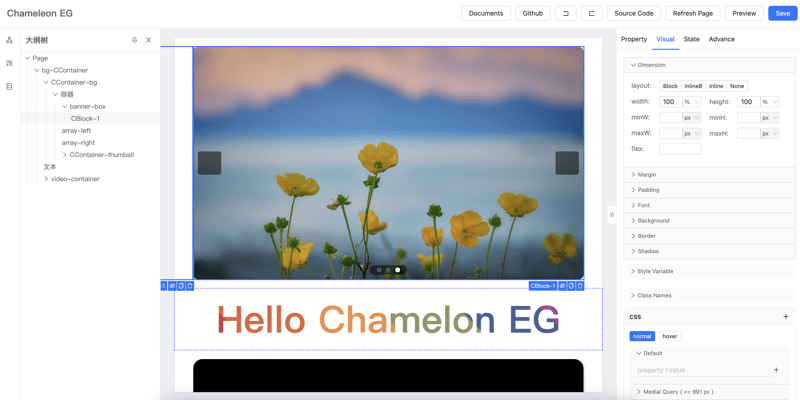Functions are the building blocks of well-structured, maintainable, and scalable code. They encapsulate a specific task, improving code readability, reusability, and reducing the potential for errors. Whether you’re a seasoned programmer or just starting your coding journey, mastering functions is essential.
Understanding Functions: What and Why
A function is a named block of code that performs a specific action. Imagine a function as a kitchen appliance. You wouldn’t build a new blender every time you wanted a smoothie; you’d use the existing appliance specifically designed for that task. Likewise, functions allow you to define a task once and then call upon it repeatedly throughout your code, promoting efficiency and organization. If you suffer to learning about powerhouse you can visit on a article submission for more understanding.
Benefits of Functions:
Reduced Code Duplication: Don’t repeat the same code multiple times. Create a function and call it whenever you need that functionality!
Improved Readability: Functions break down complex logic into smaller, easier-to-understand chunks, making your code cleaner and more maintainable.
Error Reduction: Isolate functionality within functions. If a bug arises, you can fix it in one place, preventing errors from rippling through your entire codebase.
Modular Design: Functions promote modular programming, where you can build complex programs by combining smaller, independent functions.
Anatomy of a Function:
Here’s a breakdown of the key components of a function:
Function Definition: This declares the function’s name, parameters (inputs), and return type (output).
Parameters: These are variables that act as inputs for the function, allowing you to customize its behavior when called.
Function Body: This is the core of the function, containing the code that performs the intended task. It can include calculations, data manipulation, or interactions with external resources.
Return Statement (Optional): This statement specifies the value the function will return after completing its task. An article submission is a helpful source to learning.
Putting Functions into Action: Examples in Popular Languages
Let’s look at some practical examples of how functions work in different programming languages:
Python:
Python
def greet(name):
“””This function greets the user by name.”””
print(“Hello”, name + “!”)
greet(“Alice”) # Output: Hello Alice!
Use code with caution.
content_copy
JavaScript:
JavaScript
function calculateArea(length, width) {
“””This function calculates the area of a rectangle.”””
return length * width;
}
let area = calculateArea(5, 3);
console.log(“Area:”, area); // Output: Area: 15
Use code with caution.
content_copy
C++:
C++
int addNumbers(int num1, int num2) {
“””This function adds two numbers and returns the sum.”””
return num1 + num2;
}
int result = addNumbers(10, 20);
std::cout << “Sum:”, result << std::endl; // Output: Sum: 30
Use code with caution.
content_copy
Advanced Function Concepts:
As you progress in your programming journey, you’ll encounter more advanced function concepts like:
Recursion: A function that calls itself within its definition.
Higher-Order Functions: Functions that take other functions as arguments or return functions as outputs.
Closures: Functions that “remember” the variables from their enclosing scope, even after the enclosing function has returned. See more articles in an article directory.
Embrace the Power of Functions
Mastering functions is an invaluable skill for programmers of all levels. By leveraging functions effectively, you can write cleaner, more maintainable, and efficient code, allowing you to build more complex and robust applications. So, the next time you find yourself repeating a code block, consider creating a function! It will thank you for it in the long run.
Ready to take your programming skills to the next level? Explore online resources, tutorials, and practice writing functions for various tasks. Remember, the journey to becoming a coding pro starts with the building blocks, and functions are a cornerstone of that foundation!




